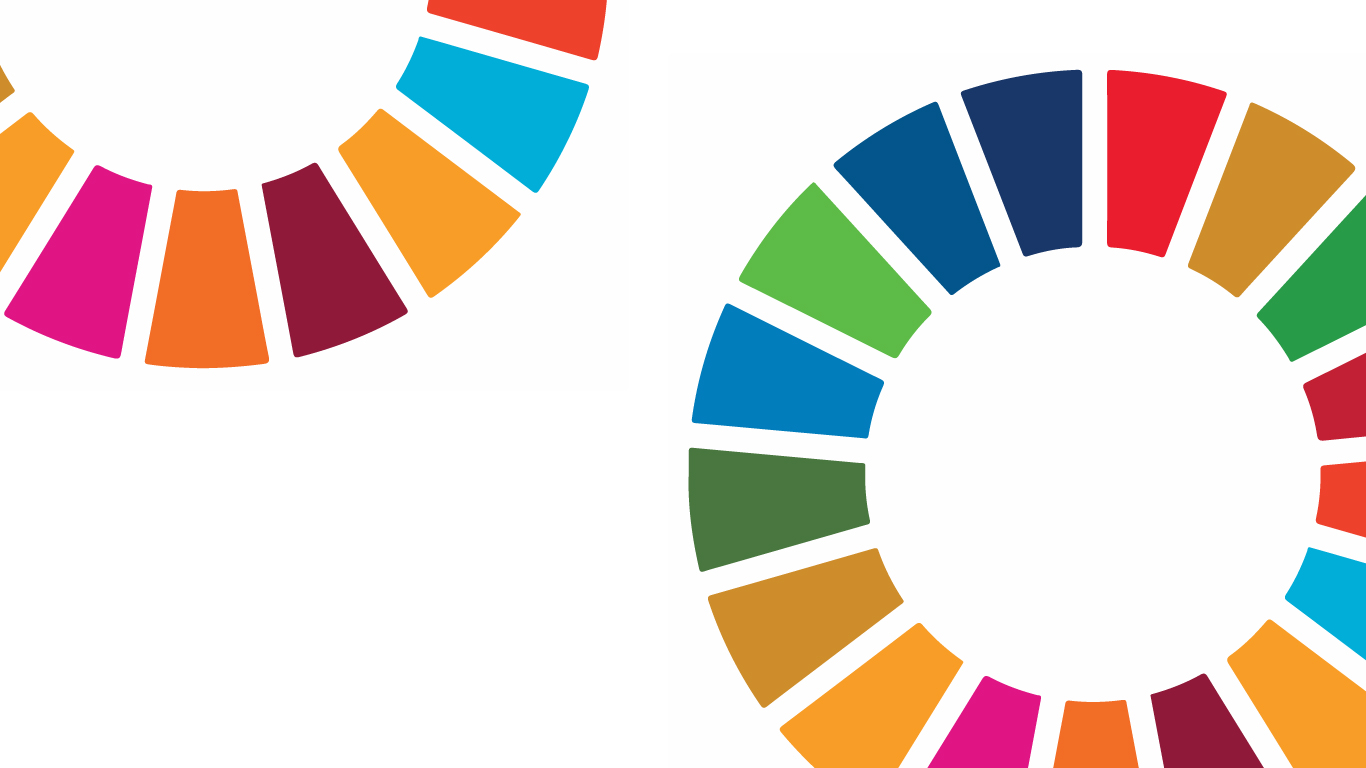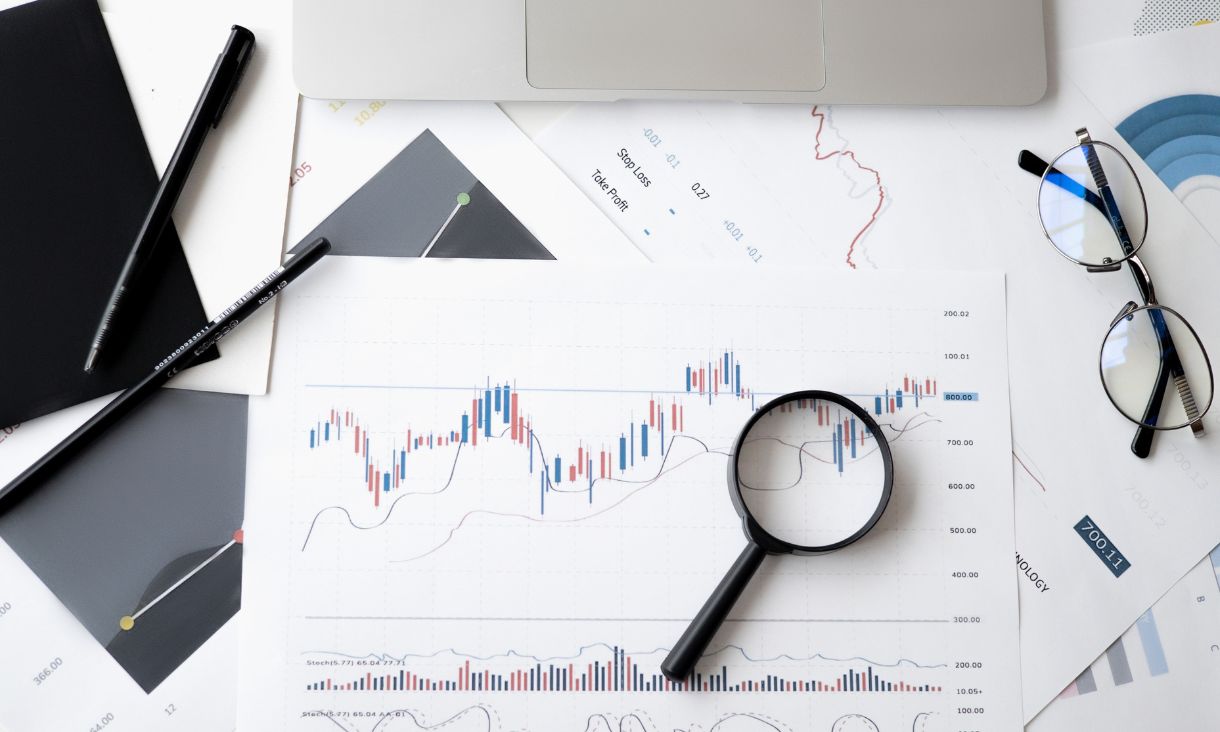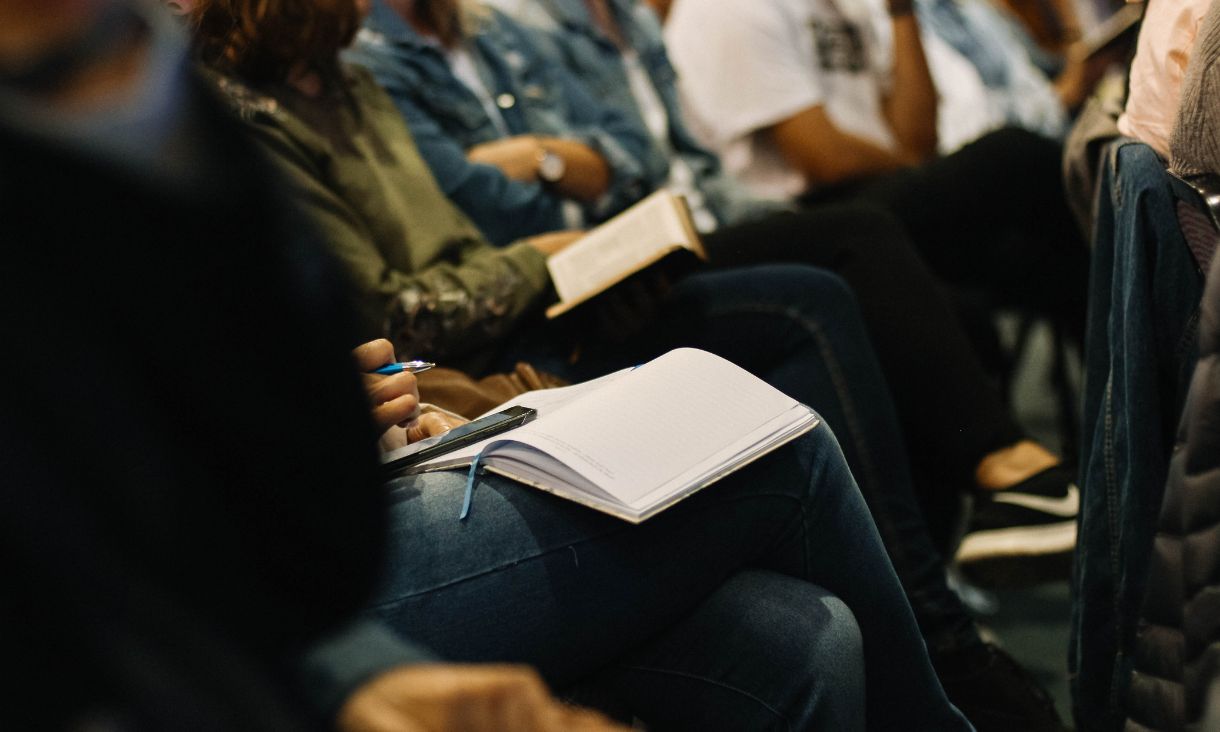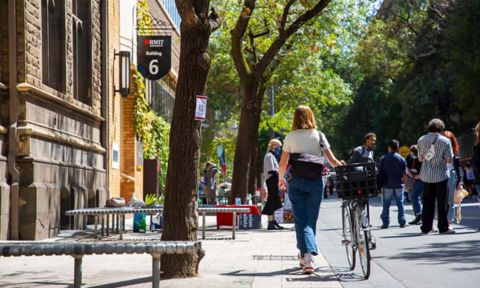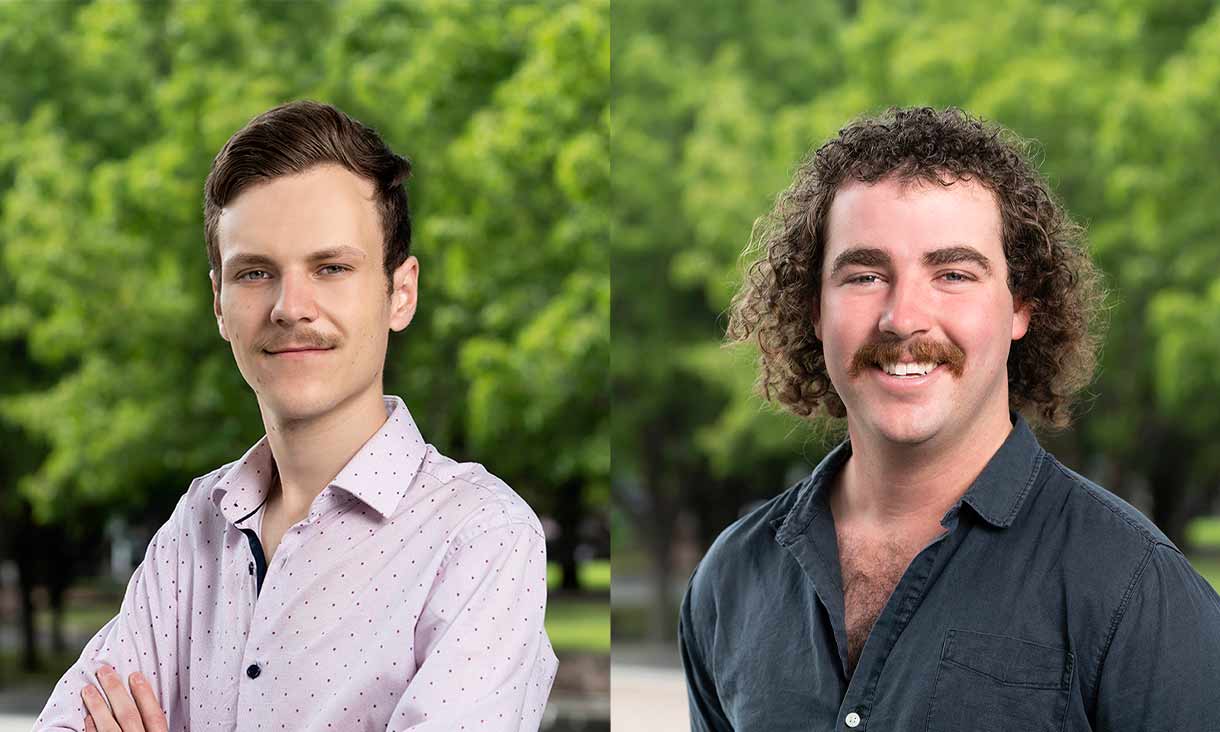Five years ago the UN’s member states unanimously adopted the 2030 Agenda for Sustainable Development creating 17 Sustainable Development Goals (SDGs). The 2030 Agenda provides a unique foundation to build consensus among governments, civil society, and academic institutions about how to tackle the biggest challenges facing society while at the same time its underlying logic and modalities are contested.
This year has also heralded a global health pandemic that will test the UN’s ability to orchestrate these efforts, rolling back purported development gains while leaving in its wake a new global environment for international development. This disruption is likely to create challenges but may also present opportunities.
What remains to be seen is how well domestic and international actors will leverage these changes to help them implement the SDGs or indeed rethink the shape of a global sustainable development agenda.
Speakers
Layton Pike
Chief Global Adviser, Policy, Strategy & Impact, RMIT
Mr Layton Pike has been Chief Global Adviser for RMIT University since February 2019. In this role, he is responsible for advising on global strategy and relationships. RMIT is a global university of technology, design and enterprise.
Mr Pike is also a senior career officer with the Department of Foreign Affairs and Trade (DFAT). He was previously Minister and Deputy Head of Mission for the Australian Embassy Vietnam from 2014 to 2017, where he worked on advancing Australia’s interests in Vietnam and provided leadership across the Embassy.
Dr. Sara Davies
Professor, School of Government and International Relations, Griffith University
Sara E. Davies PhD, is a Professor of International Relations at Griffith University and an Adjunct Fellow at the Monash University Gender Peace and Security Centre. Her research focuses on Global Health Diplomacy, Human Security, and the Women, Peace and Security agenda. She is author of Containing Contagion: The Politics of Disease Surveillance in Southeast Asia (2019) and a research member of the Gender and Covid-19 research project (https://www.genderandcovid-19.org/)
Dr. Heloise Weber
Senior Lecturer, School of Political Science and International Studies, University of Queensland
Heloise Weber PhD is a Senior lecturer in the School of Political Science and International Studies at the University of Queensland. Heloise Weber's research is animated by an interest in the historical and contemporary politics of inequalities and injustices in the organization of development globally. She approaches questions over development from a critical perspective, which considers 'the international' as a product of development, and the 'development' we experience as advanced crucially also through the 'international'. Her research addresses how knowledge-production and representation shape and justify framings of 'development' at a macro-political level, and what this means for people.
Sharon Bhagwan Rolls
Co-Chair, Board of Directors, Global Fund for Women
Sharon Bhagwan-Rolls is a second generation Fiji Island feminist working on the intersection of gender, media, communications and peace and advocating for greater attention to the Peace, Development and Humanitarian nexus approach in policy and practice in order to ensure accountability to diverse women’s leadership and lived realities.
She is currently the Technical Adviser of the Pacific Island based Shifting the Power Coalition supporting the coordination of activities including focal points across 6 Pacific countries. She is currently the Chair of the Board of the Global Partnership for the Prevention of Armed Conflict (GPPAC) and its Pacific regional representative. She is also the co-chair of the Board of the Global Fund for Women.
This panel discussion will be chaired by RMIT's Dr Charles T. Hunt and the event will be introduced by Dr Shannon Zimmerman.
